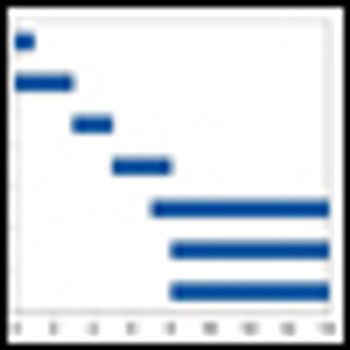
Anthracyclines are among the most effective and widely prescribed anticancer agents. They were first isolated from cultures of Streptomyces peucetius by Dr. Federico Arcamone in the early 1960s.[1] Anthracyclines have since become an essential component of breast cancer treatment, and their use in combination regimens as adjuvant therapy is the standard of care for most women with early-stage disease.[2] Two commonly used anthracyclines in breast cancer are doxorubicin and epirubicin, a semisynthetic derivative of doxorubicin.
































